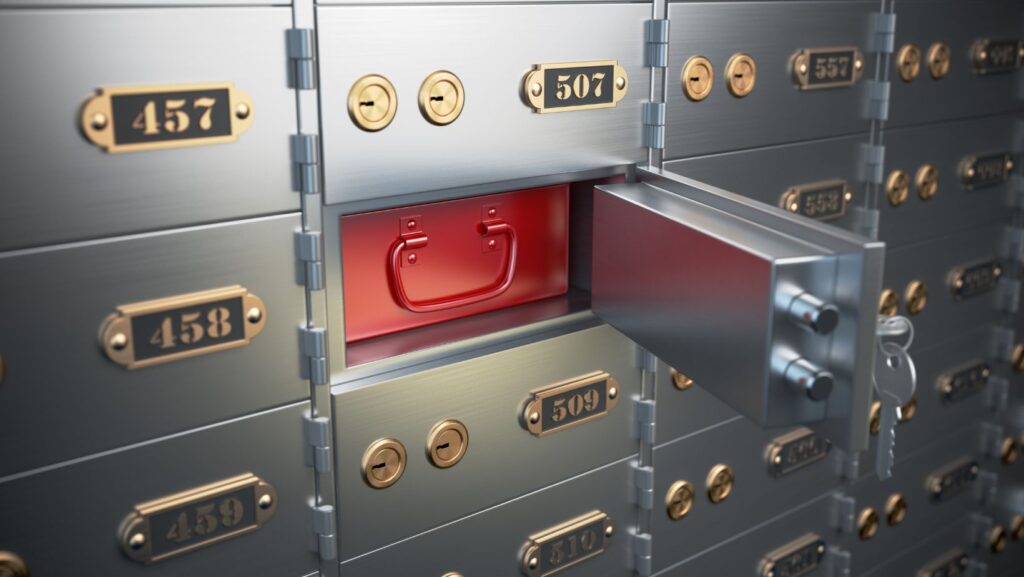In our increasingly digital world, physical security might initially seem like a relic of the past. As financial transactions, social interactions, and even artistic expressions move further into the virtual realm, an unexpected counter trend has emerged: a renewed interest in tangible assets.
But why is there a growing demand for physical security methods now? A closer look at recent developments reveals that this resurgence is about much more than just nostalgia.
Reestablishing Trust in Uncertain Times
Recent global events, such as the COVID-19 pandemic, ongoing geopolitical tensions, and economic uncertainties, have highlighted the vulnerabilities of digital systems. Cyberattacks targeting banks, data breaches, and the volatility of digital assets like cryptocurrencies have driven many people to seek solutions that are tangible and, most importantly, independent of technological disruptions.
At the same time, skepticism towards large institutions is on the rise. Increasingly, investors are turning to alternative ways of securing their property − not only digitally but also physically. The demand for tangible assets like precious metals, artwork, and other physical valuables has grown, as has the need to store them securely.
The Significance of Physical Storage
In this context, traditional methods of safeguarding assets are experiencing an unexpected comeback.

The use of physical security systems, such as safes and deposit boxes, has seen a significant resurgence in recent years. In times of economic instability and volatile markets, people are rediscovering the value of having a secure place to store documents, jewelry, or collectibles.
In particular, the safe deposit box has regained popularity. Once considered outdated, this method has seen a resurgence due to its robust security. It allows individuals to store valuables entirely free from digital risks. Additionally, when it comes to insurance coverage, such solutions often provide an extra layer of protection, as the physical placement of valuables in a secure location can be easily documented.
The Psychological Comfort of Tangible Security
Beyond the practical benefits of physical storage, the psychological aspect plays a pivotal role. Many people experience a deeper sense of satisfaction and control when they can see and touch their assets. Physical possessions are immune to power outages, cyberattacks, or sudden system failures, offering unparalleled peace of mind.
Moreover, the renewed focus on physical security also has cultural and emotional roots. In a world increasingly dominated by abstract numbers and algorithms, tangible objects serve as an anchor to reality.

They are not only investments but often hold sentimental value as personal mementos or heirlooms, connecting people to their past.
Balancing the Digital and the Analog
This trend doesn’t mean digital security is becoming irrelevant. Instead, it emphasizes the importance of balancing the two worlds.
Modern security methods often blend digital technologies with physical solutions. For example, some providers now offer hybrid systems that combine digital access mechanisms with the physical storage of valuable items.
On a smaller scale, individuals can also achieve this balance. Those who own digital assets, like cryptocurrencies, can store them, for example on hardware wallets that remain offline. These wallets can then be securely kept in a physical safe, creating a layered approach to security.


More Stories
How to Make a Seamless Carousel Post on Instagram?
Why Some Posts Get More Instagram Likes Than Others
Are Niche Accounts the Secret to Gaining Loyal TikTok Followers?